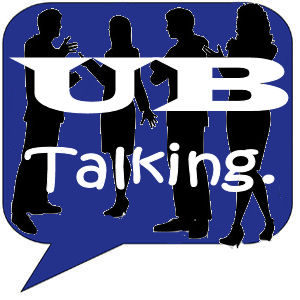SOPA is the Stop Online Piracy Act, now pending in the House of Representatives, and PIPA – or the Protect IP Act – is a companion bill now pending in the Senate.
SOPA and PIPA are designed to crack down on websites based offshore that peddle illegal content — think pirated Hollywood blockbusters and fake Viagra. No one disputes that that’s a worthy goal. The rub is whether it would give the government and copyright holders too much control over the Web.
Here’s how it would work: If the Justice Department or a copyright holder believed a site was directing users to pirated content, they would go to court. Depending on who’s complaining, different remedies would come into play: In some instances a judge could order an Internet service provider like Verizon to cut off access to a site. In others, a search engine like Google could be directed to delete links to an infringing site. The idea is to starve the offending sites of the web traffic that keeps them in business.
Google and First Amendment scholars like Harvard’s Lawrence Tribe argue that SOPA would squelch free speech by giving private parties power to effectively cripple sites that allegedly — but not conclusively — steal copyrighted content. The simple filing of a complaint, they say, would exert huge pressure on the Internet ecosystem to blacklist an accused site. They also say it would give the feds dangerous new powers to go after sites for political reasons.
Call your conrgess member and tell them NOT to censer the WEB!!!Google and First Amendment scholars like Harvard’s Lawrence Tribe argue that SOPA would squelch free speech by giving private parties power to effectively cripple sites that allegedly — but not conclusively — steal copyrighted content. The simple filing of a complaint, they say, would exert huge pressure on the Internet ecosystem to blacklist an accused site. They also say it would give the feds dangerous new powers to go after sites for political reasons.
